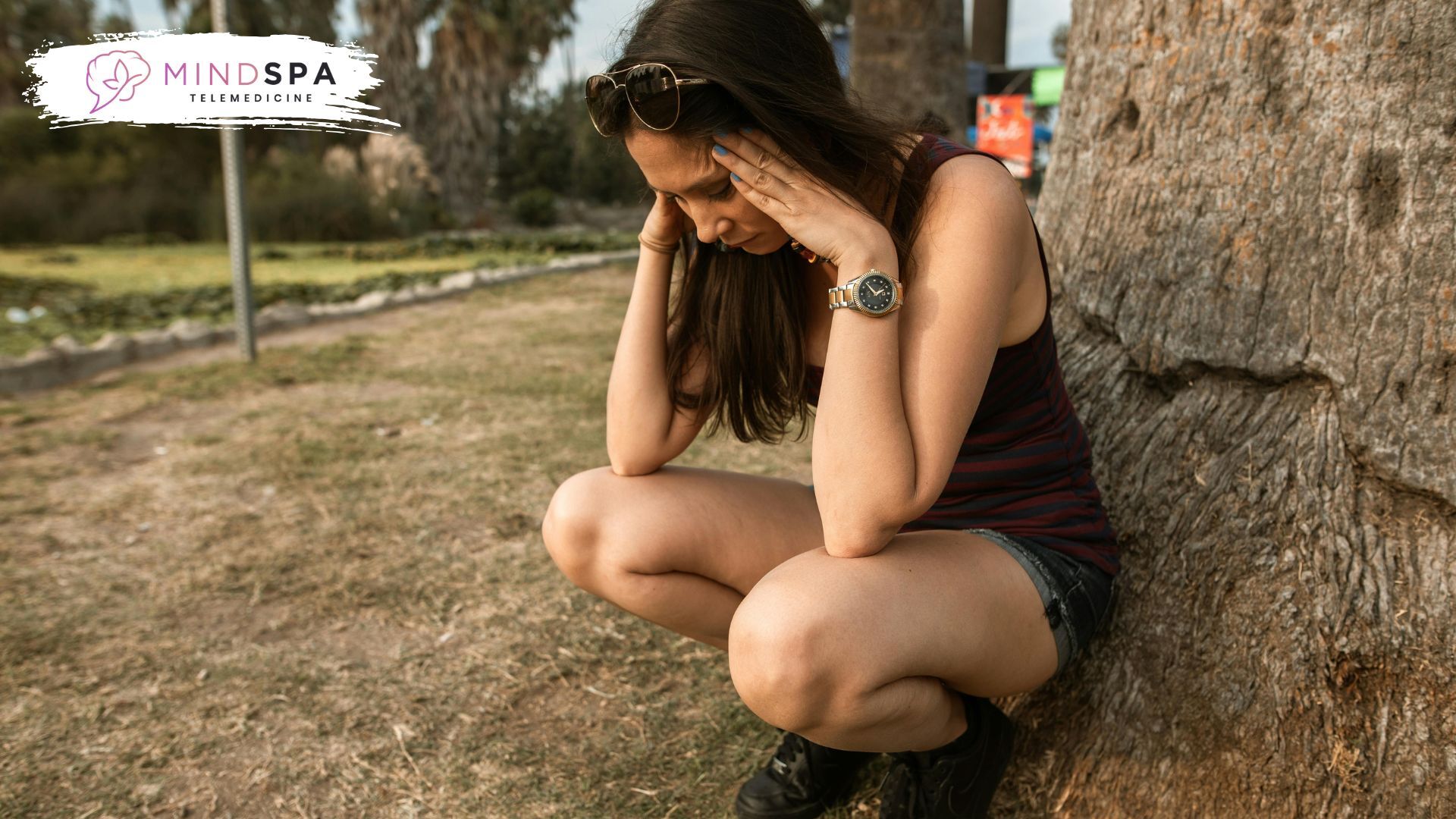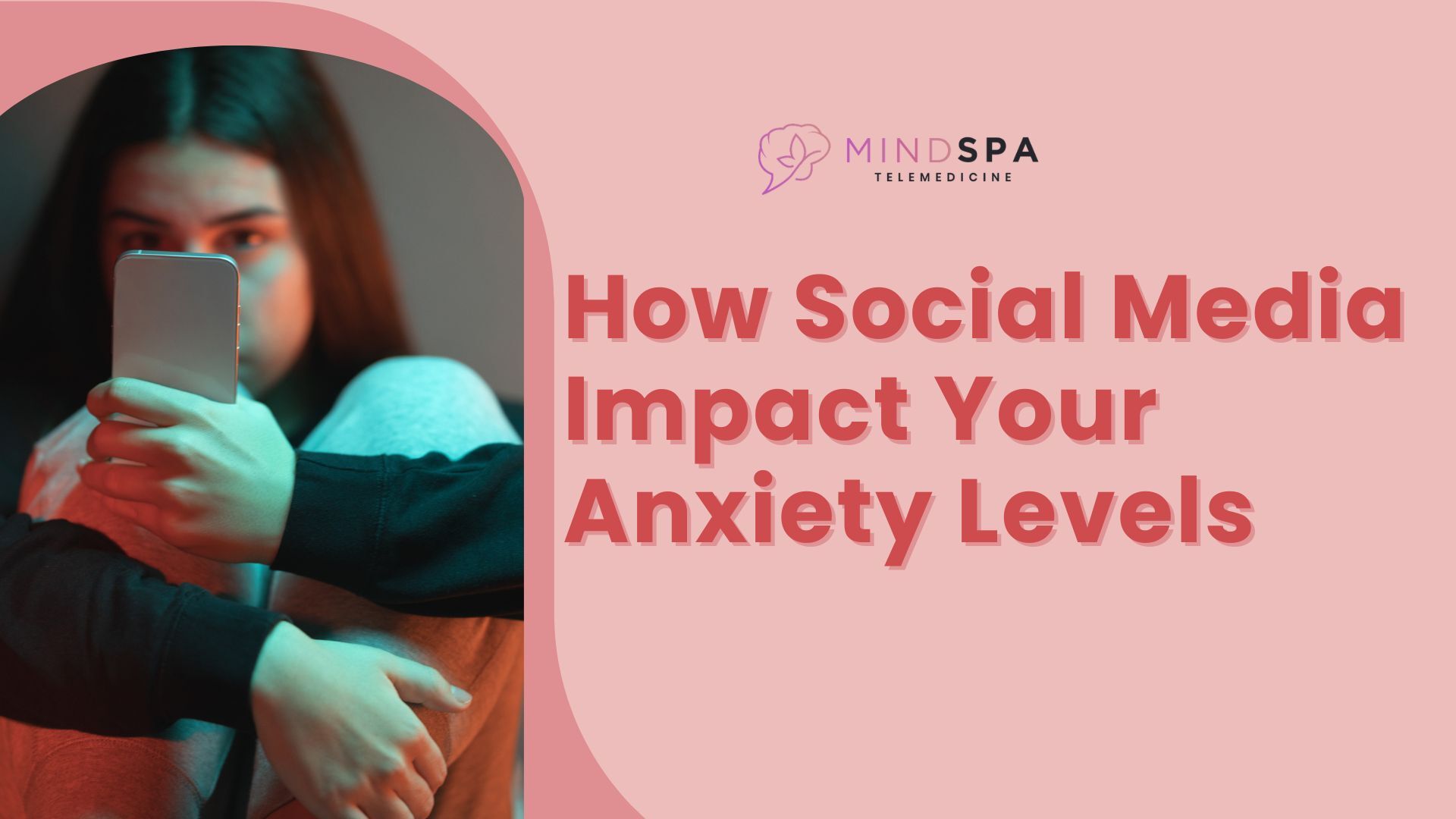Social networks have become rather widely used nowadays as an essential part of the human digital experience. In addition to having many positive effects, for example, staying connected with friends and family, learning new skills, and contributing to improvements in mental health, there is an increasing worry about anxiety levels.
It is important to understand this effect, especially given the fact that more people spend hours glued to their feeds without being aware of the possible consequences on their mental health.
The Connection Between Social Media and Anxiety
People who had increased usage of social media displayed higher levels of anxiety. A research study reveals that social media poses a positive as well as negative impact on the anxiety of university students. The study explains that this constant use of social media may cause insecurity, FOMO, and social competition, all of which lead to anxiety.
Social media usage was said to be at 90% among the young adults, with 41% of them saying their anxiety and depression were caused by social media usage. Data reveal that 70% of social media users have FOMO, which greatly affects anxiety and stress levels.
The Role of Social Comparison
The social comparison mechanism is one way through which social media can lead to anxiety. Instagram, Facebook, and Twitter are full of beautiful moments and accomplishments of people, making others analyze and compare themselves to them. This can result in diminished self-esteem, low self-worth, and heightened levels of anxiety in the comparison subject.
For example, observing a friend’s summer trips or career achievements may trigger negative feelings about one’s own life or job. Thus, such comparisons inevitably lead to stress and anxiety, as a person constantly experiences feelings of inferiority about the individuals they come across in their social media feeds.
The Impact of Cyberbullying
Cyberbullying is another key component that contributes to social media-related anxiety. Internet users tend to be rude in their comments since it is hard for the other party to confront them personally. It includes spreading rumors, sending hurtful messages, sharing embarrassing images or videos, and other forms of online abuse.
Consequently, the subjects who become targets of cyberbullying suffer from high levels of anxiety due to a sense of helplessness and loneliness. The Cyberbullying Research Center indicates that 34% of students have been cyberbullied in the United States, and this has led to increased levels of anxiety and depression among them.
Social Media’s Effect on Sleep and Anxiety
Lack of sleep is known to be associated with high levels of anxiety, while using social media may disrupt the sleep-wake cycle. Research has suggested that people who use social media at night are bound to have disrupted sleep patterns.
Bright light from screens disrupts the natural production of melatonin and makes it harder to sleep at night. However, using social media to comment or browse distressing topics can make a person more anxious, affecting sleep.
According to the studies, 60 per cent of social media users use their devices within an hour before they sleep. Those who spend time browsing social media sites late at night are three times more likely to report poor sleep quality, and therefore higher anxiety levels the next day.

Mitigating the Anxiety Caused by Social Media
While the negative impacts of social media on anxiety are well-documented, there are several strategies that can help mitigate these effects:
- Limit Screen Time: Control measures need to be placed on how much time one spends on social media in order to control anxiety. For example, restricting the usage of social networking sites to half an hour in one day helps to reduce the level of loneliness and depression to a great extent.
- Curate Your Feed: Removing those accounts that cause negative self-comparison and replacing them with more positive content will be beneficial for your mental health.
- Mindful Use: This means being aware of how you feel when you’re using social media—do you get stressed out while scrolling through your feed? This would then remind you that it is okay to log off and do something that can calm your nerves.
- Seek Support: You can also consult a specialist. At MindSpa, we provide consultation services to assist in anxiety management and coping with the pressures of contemporary living, such as those resulting from social media.

Conclusion
With the help of social networks, people can communicate and share information easily, but at the same time, there are some problems, for instance, psychological ones. Thus, recognizing the links between social media use and anxiety is critical to functioning in today’s world.
It is, therefore, possible to minimize the negative impact and enhance a balanced and satisfactory existence by adjusting unhealthy social media practices and using the relevant professional services when necessary.
Whether you’re struggling with anxiety related to social media or other challenges, our team is here to support you. For more information, please visit our website to schedule a consultation.
Related Questions
How can social media cause anxiety?
Social media can cause anxiety through constant comparison, fear of missing out, and exposure to negative content like cyberbullying. These factors can lead to feelings of being not enough, stress, and heightened anxiety over time.
How to avoid anxiety on social media?
Limit screen time, unfollow problematic accounts, connect thoughtfully, and give priority to good relationships to prevent anxiety on social media. Maintaining a healthy connection with social media may also be facilitated by establishing limits and scheduling frequent breaks.
How does anxiety impact social issues?
Social media is associated with factors such as social comparison, FOMO and negativity such as exposure to adverse content or cyberbullying. These factors can cause such negative manifestations as low self-esteem, chronic stress, and increased anxiety over time.
How to use social media when you have social anxiety?
To prevent anxiety in social media, reduce exposure, block toxic people, be active consciously, and focus on positive content only. Other measures involving self-restriction include observing reasonable cutoff points and avoiding using social media for extended periods.


